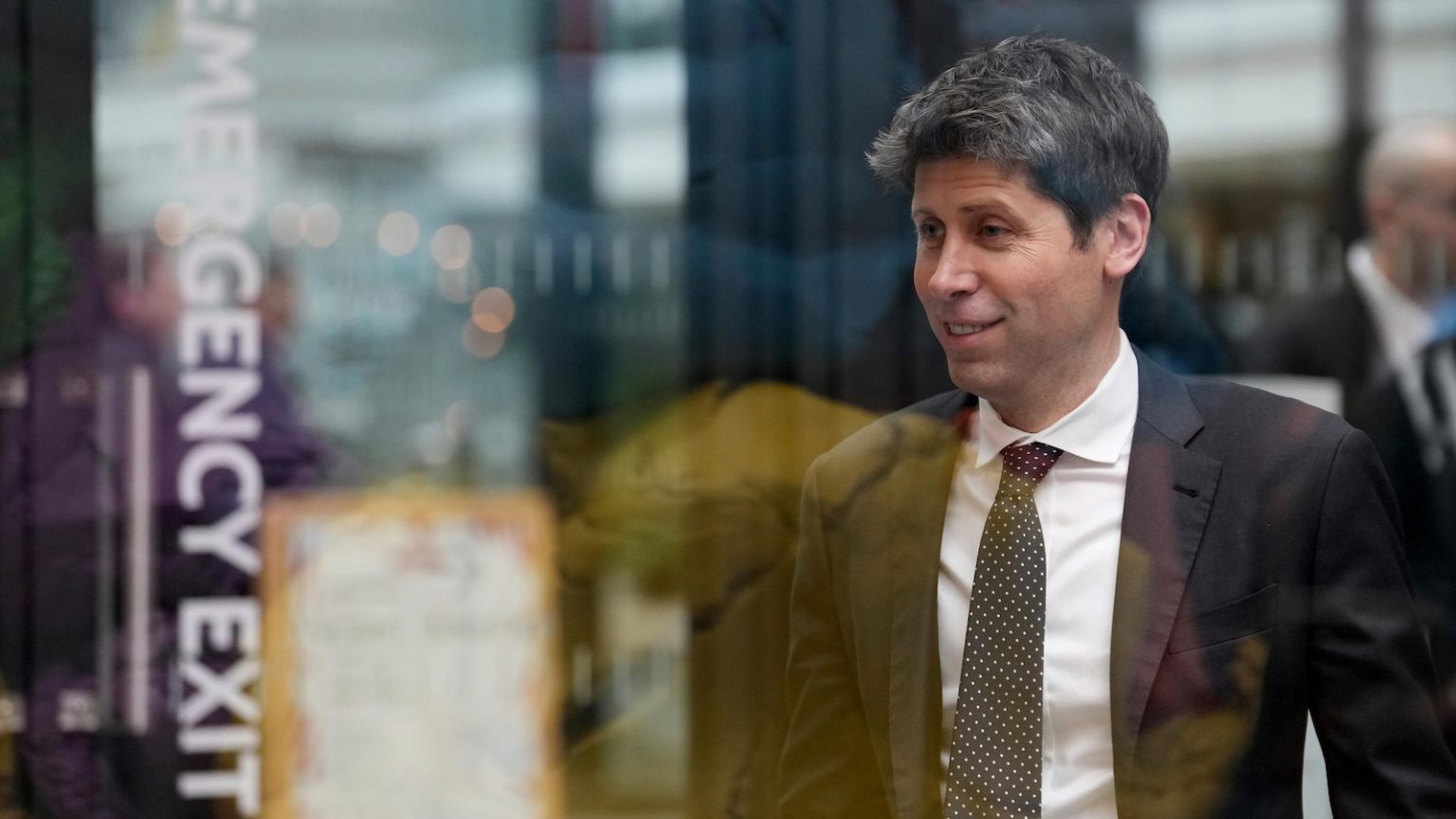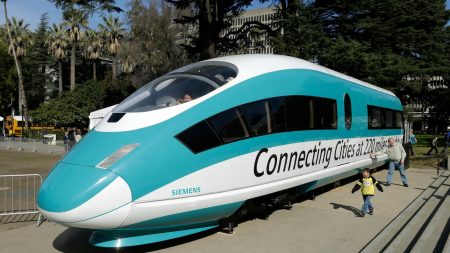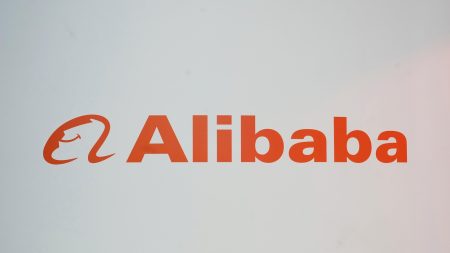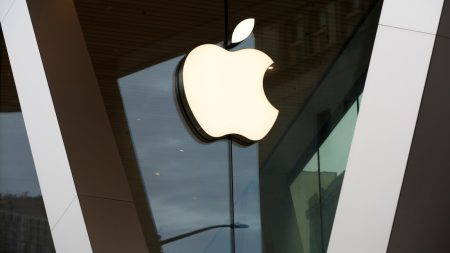The Battle for OpenAI: A Clash of Visions and Control
Introduction to the Conflict
The world of artificial intelligence (AI) witnessed a dramatic twist when Elon Musk, the billionaire entrepreneur and CEO of Tesla and SpaceX, made an unsolicited $97.4 billion takeover bid for OpenAI, the company behind the revolutionary ChatGPT. This move, however, was swiftly rejected by OpenAI’s CEO, Sam Altman, who made it clear that the company is "not for sale." The rejection escalates a long-standing feud between Musk and Altman, both of whom played pivotal roles in founding OpenAI as a nonprofit a decade ago. The bid not only highlights the personal rivalry between the two tech titans but also raises questions about the future of OpenAI and its mission to develop advanced AI technologies for the benefit of humanity.
A Decade-Long Rivalry: The History of OpenAI and Its Founders
OpenAI was established in 2015 as a nonprofit organization with the ambitious goal of safely developing artificial general intelligence (AGI), a type of AI that surpasses human capabilities. The company quickly gained prominence, and its creation of ChatGPT catapulted it to global fame. However, the relationship between its co-founders, Sam Altman and Elon Musk, soured over time. Musk, who served as an early investor and board member, left OpenAI in 2018 following a power struggle that saw Altman emerge as the leader. Since then, the two have engaged in a bitter public feud, with Musk criticizing OpenAI’s direction and even suing the company for allegedly deviating from its nonprofit mission.
Musk’s latest move to acquire OpenAI is seen by many as an attempt to regain control of a company he helped build. His own AI venture, xAI, is part of his sprawling business empire, which includes Tesla, SpaceX, and the social media platform X. Musk’s influence extends beyond the tech world; he now serves as a top adviser to President Donald Trump, further complicating the political and financial dynamics of this takeover bid.
OpenAI’s Mission and the Risks of a Takeover
At the heart of OpenAI’s identity is its mission to ensure that AGI benefits all humanity. This mission is enshrined in its nonprofit charter and has guided its research and development efforts. Altman has repeatedly emphasized that OpenAI is not just another tech company but an organization with a societal responsibility to wield advanced AI technologies ethically and responsibly.
The takeover bid has raised concerns about whether OpenAI can maintain its mission if it transitions to a for-profit model. As a nonprofit, OpenAI’s board is legally bound to prioritize its public purpose over financial gains. If the company were to sell its assets or cede control, it could undermine its ability to fulfill its mission. Legal experts have warned that such a move could be seen as a violation of the promises made to the public when OpenAI was founded as a nonprofit.
The Role of the Board and the Fiduciary Duty
The decision to accept or reject Musk’s offer ultimately lies with OpenAI’s nonprofit board, which includes notable figures like Bret Taylor, the current chair. Taylor has echoed Altman’s stance, declaring that "OpenAI is not for sale" and dismissing Musk’s bid as a "distraction" from the company’s core mission. The board’s primary responsibility is to evaluate strategic decisions through the lens of whether they further OpenAI’s mission of ensuring AGI benefits humanity.
Legal experts, such as Jill Horwitz of UCLA School of Law, have highlighted the legally binding nature of OpenAI’s purpose. The company’s nonprofit status is rooted in a promise made to the public, and any decision to sell its assets or change its structure must align with this promise. Horwitz emphasized that OpenAI’s investors were initially told to view their contributions as donations rather than investments, a fact that complicates any potential shift to a for-profit model.
Legal Battles and the Future of OpenAI
The conflict between Musk and OpenAI has already spilled into the courts. Musk sued OpenAI last year, accusing the company of betraying its founding principles as a nonprofit research lab dedicated to the public good. His lawyers argued that OpenAI’s planned transition to a for-profit company would harm Musk’s investments and undermine the organization’s mission. The legal battle reached a federal court in California, where a judge is deciding whether to block OpenAI’s for-profit conversion. While the judge has yet to rule, she indicated that Musk’s arguments are plausible enough to warrant a jury trial.
The outcome of this legal battle could have far-reaching implications for OpenAI’s future. If the judge blocks the for-profit conversion, OpenAI would need to find alternative ways to sustain itself financially while remaining true to its nonprofit mission. If the conversion is allowed, the company could face pressure to prioritize shareholder interests over its public purpose, potentially altering its trajectory in ways that its founders never intended.
The Broader Implications and the Future of AI
The battle for OpenAI is more than just a personal feud between two tech moguls; it represents a clash of visions for the future of AI. Altman and OpenAI’s current leadership believe that the company’s mission to benefit humanity is best achieved through its current structure, while Musk argues that his leadership and resources could accelerate the development of AGI.
As the AI industry continues to grow and evolve, the outcome of this conflict could set a precedent for how other AI companies balance their commercial ambitions with their societal responsibilities. The decision made by OpenAI’s board and the courts will not only determine the future of the company but also shape the broader conversation about the ethics and governance of advanced AI technologies.
In the end, the story of OpenAI serves as a reminder of the challenges and complexities involved in developing technologies that have the potential to transform society. As AI becomes increasingly powerful, the question of who controls it—and for what purpose—will only grow more pressing. The battle for OpenAI is just one chapter in this larger narrative, but its resolution could have lasting implications for humanity.















